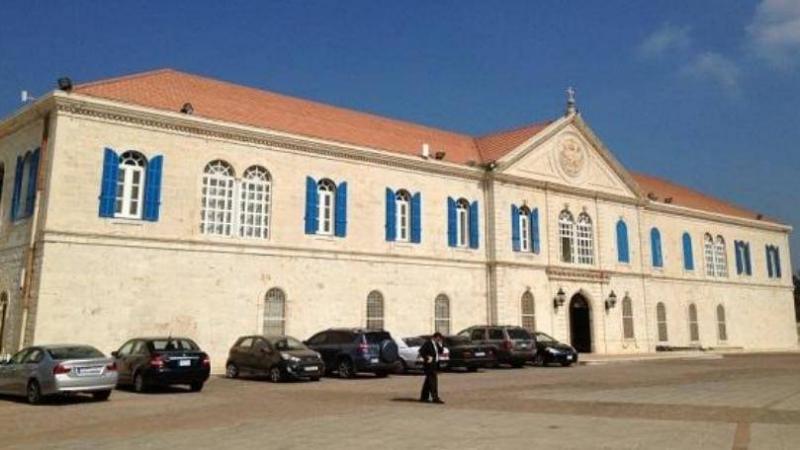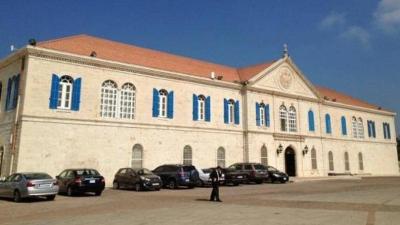Cardinal Mar Bechara Boutros Raï does not hesitate to raise his voice and call on local and international leaders to save Lebanon and put an end to its suffering. Recently, from Jordan, he described Lebanon as a sick country due to the failure to implement the Taif Agreement and the existence of a decisive authority, which has led to the emergence of competing powers. He noted that Lebanon bears a heavy economic burden, its identity is threatened, and its demographics are changing. He called for an international conference under the auspices of the United Nations to address the implementation of the Taif Agreement in both text and spirit, as well as the resolutions of UN Security Council 1680, 1559, and 1701, in order to resolve the crisis of Syrian refugees, the Palestinian issue, and to declare Lebanon's neutrality.
Deputy Speaker of the Parliament, Elie Ferzli, dismisses the idea of an external hidden motive behind Patriarch Raï's positions, which stem from his concern for Lebanon and his care for its people in the face of ongoing crises that now pose a danger to the entity. Evidence of the local nature of these positions is reflected in the joint American-French-Saudi statement, which made no reference to Bkerke's positions that merely express a reality still considered manageable in terms of horizons and results, and within the framework of urging political forces and officials towards dialogue and consensus. Furthermore, regarding the repercussions and responses to these positions, they remain within the confines of customary political discourse and reasonable dialogue.
As for the call to implement international resolutions, the implied question remains: Which of these resolutions has been implemented to date, starting from 425 and including those related to the return of refugees and displaced persons, among others? The outside world has its own concerns and issues. Its interests are exploratory, limited to advice and calls. There must be a form of national agreement that progresses from electing a president who enjoys the acceptance and trust of the Lebanese components, adheres to the constitution and implements the Taif Agreement, regulates relations with Syria, restores ties with Saudi Arabia, and revives them with the international community to resume assistance to Lebanon after implementing reforms and reaching an agreement with the International Monetary Fund.




